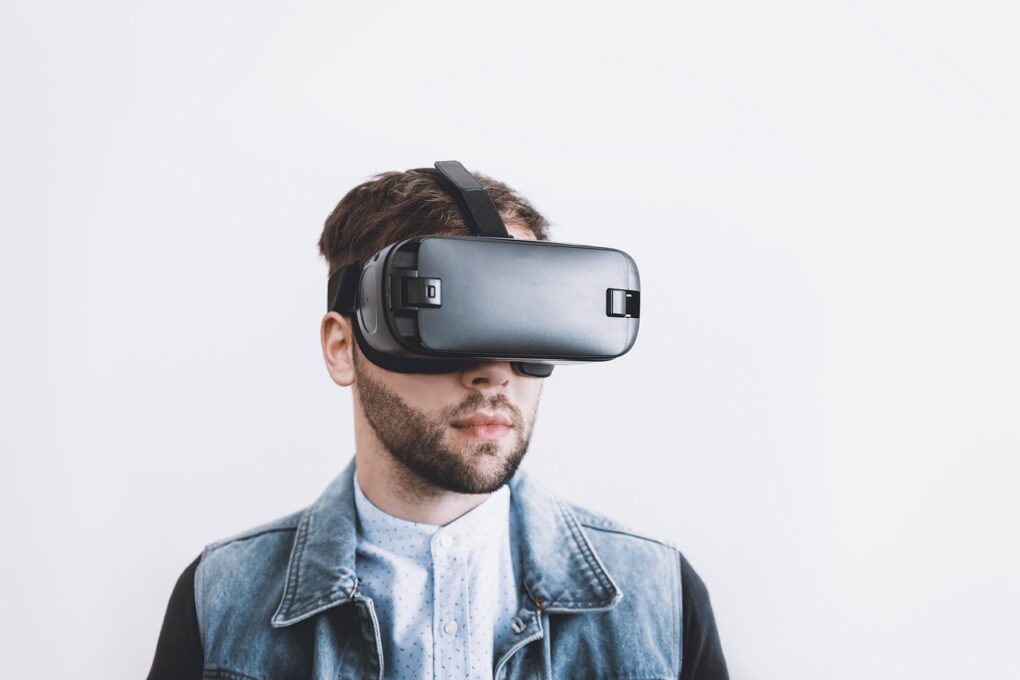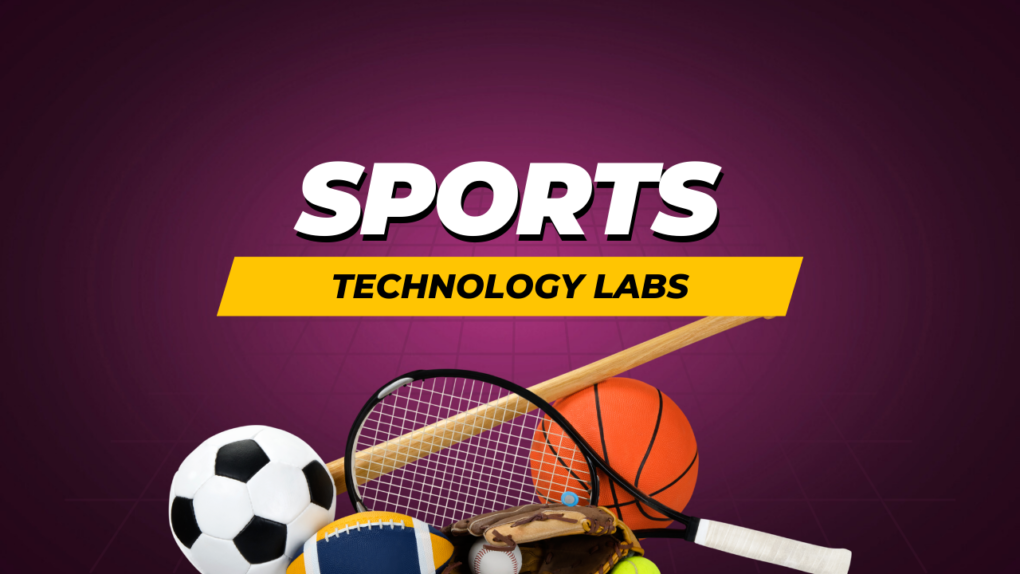Sports have always been at the forefront of innovation, and technology has played a significant role in pushing the boundaries of human performance. In recent years, the emergence of sports technology labs has revolutionized training methods, helping athletes reach new heights and achieve their full potential. These labs harness cutting-edge technologies, data analysis, and state-of-the-art equipment to enhance performance, prevent injuries, and provide invaluable insights. In this article, we will explore how sports technology labs are transforming the world of sports and paving the way for a new era of training.
Introduction
Training has come a long way since the early days of sports, where athletes relied solely on natural talent and physical conditioning. With advancements in technology, athletes now have access to a wide range of tools and techniques that can take their training to the next level. Sports technology labs have emerged as dedicated spaces where scientists, engineers, and trainers collaborate to develop and implement innovative solutions.
Evolution of Sports Technology
Sports technology has witnessed a rapid evolution over the years. From basic equipment improvements to sophisticated data-driven systems, the landscape has transformed dramatically. Initially, advancements were seen in equipment design and materials, such as lighter and more durable footwear, improved sports gear, and aerodynamic clothing. However, with the advent of digital technology, the focus shifted toward data analysis, virtual reality, augmented reality, and wearable devices.
Sports Technology Labs: Exploring the Possibilities
Sports technology labs serve as hubs for research, development, and experimentation. These labs are equipped with state-of-the-art facilities and staffed with experts from various fields, including sports science, engineering, and data analytics. They aim to bridge the gap between theory and practice, exploring the possibilities of integrating technology into training methodologies.
Enhancing Athlete Performance
One of the primary goals of sports technology labs is to enhance athlete performance. Through the use of advanced motion capture systems, athletes can analyze and optimize their movements, identifying areas for improvement. Biomechanical sensors and pressure-sensitive surfaces provide valuable feedback on technique, balance, and power generation. This data-driven approach allows athletes to fine-tune their skills and maximize their performance potential.
Injury Prevention and Rehabilitation
Sports technology labs also play a crucial role in injury prevention and rehabilitation. High-speed cameras and force plates help analyze biomechanics during training and competition, detecting potential issues that may lead to injuries. Additionally, virtual reality simulations allow athletes to practice and recover in a controlled environment, reducing the risk of re-injury. Advanced physiotherapy equipment and techniques aid in faster and more effective rehabilitation, getting athletes back on track sooner.
Data Analysis and Insights
The collection and analysis of data have become integral to modern sports training. Sports technology labs employ cutting-edge analytics tools to process vast amounts of data, providing valuable insights into athlete performance. By analyzing metrics like speed, power, agility, and endurance, coaches can tailor training programs to individual needs, optimize recovery strategies, and identify patterns that may lead to improved performance.
Virtual Reality and Augmented Reality in Training

Virtual reality (VR) and augmented reality (AR) have revolutionized the way athletes train. VR simulations allow athletes to experience different environments and scenarios, providing realistic game situations and enhancing decision-making abilities. AR overlays digital information onto the real world, allowing athletes to visualize and analyze their performance in real time. These technologies offer a unique and immersive training experience, improving cognitive skills and spatial awareness.
Wearable Technology for Performance Tracking
Wearable technology has become increasingly popular among athletes and trainers. Devices such as smartwatches, fitness trackers, and heart rate monitors provide real-time feedback on performance, allowing athletes to monitor vital metrics during training and competitions. Wearable sensors can track movement patterns, quantify exertion levels, and provide insights into recovery and sleep quality. This data empowers athletes to optimize their training routines and make data-driven decisions.
Cutting-Edge Equipment and Facilities
Sports technology labs house cutting-edge equipment and facilities that go beyond traditional training methods. From specialized resistance machines to anti-gravity treadmills, these labs provide athletes with unique training opportunities. Cryotherapy chambers, hydrotherapy pools, and altitude simulation chambers offer innovative recovery and performance-enhancing techniques. The integration of technology and advanced equipment creates an environment where athletes can push their limits and unlock their full potential.
Sports Technology in Team Sports
Sports technology has made a significant impact on team sports as well. GPS tracking devices and player monitoring systems help analyze player movements, work rates, and fatigue levels during matches and training sessions. This data allows coaches to develop game strategies, optimize player rotations, and minimize the risk of injuries. Video analysis tools enable in-depth performance reviews, allowing teams to identify strengths, weaknesses, and areas for improvement.
The Future of Sports Technology
The future of sports technology is promising, with continuous advancements on the horizon. Innovations such as biometric sensors, artificial intelligence, and advanced robotics hold immense potential for further revolutionizing training methods. As technology continues to evolve, sports technology labs will play a crucial role in pushing the boundaries of human performance and redefining what is possible in the world of sports.
Challenges and Ethical Considerations
While sports technology brings numerous benefits, it also presents challenges and ethical considerations. Privacy concerns arise with the collection and storage of personal data. Striking a balance between performance enhancement and maintaining fairness in competitions is another ethical consideration. Additionally, there may be financial barriers for athletes and teams to access the latest technologies, potentially creating inequalities in the sporting landscape.
Conclusion
Sports technology labs are at the forefront of revolutionizing training methods and shaping the future of sports. Through the integration of cutting-edge technology, data analysis, and innovative equipment, these labs empower athletes to push their limits, enhance performance, and prevent injuries. As technology continues to evolve, sports technology labs will remain instrumental in unlocking human potential and transforming the world of sports.
Read also : Luna Crypto: A Game-Changing Investment Opportunity You Can’t Miss




